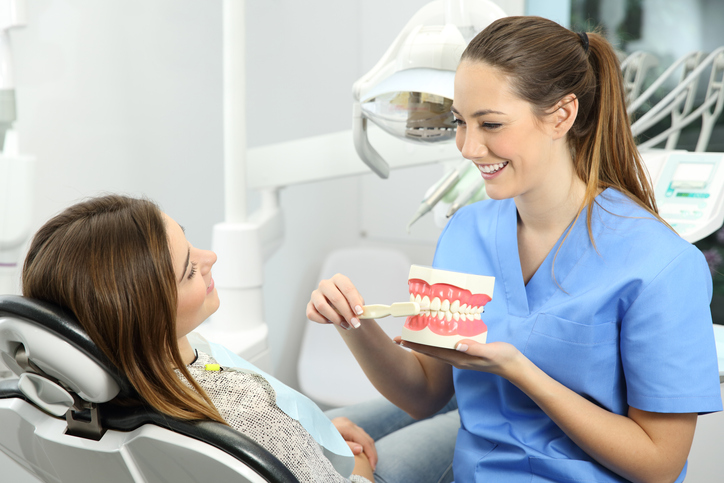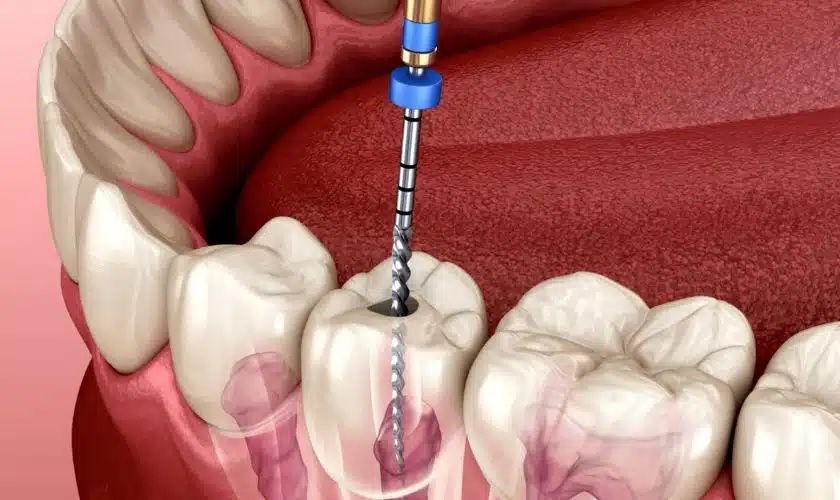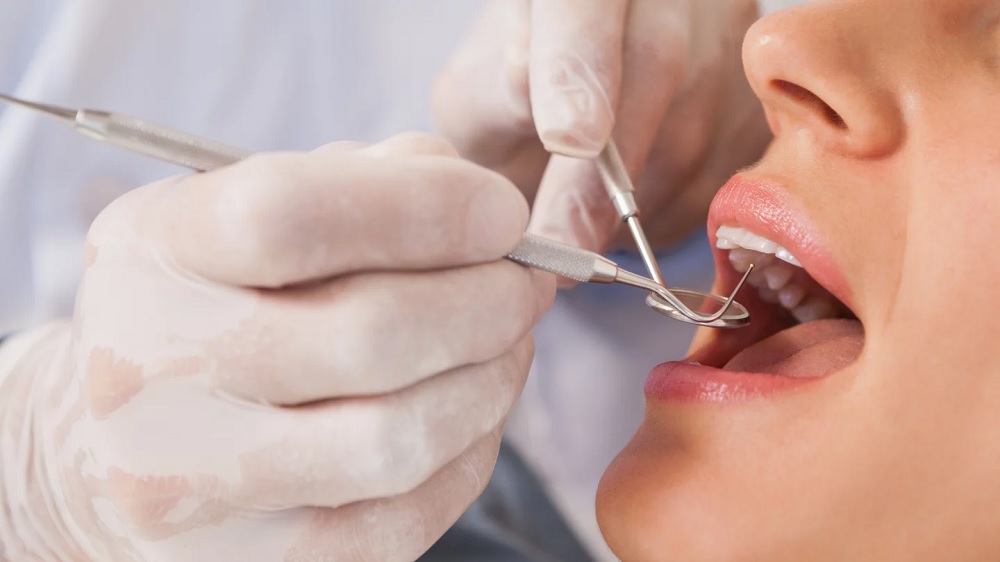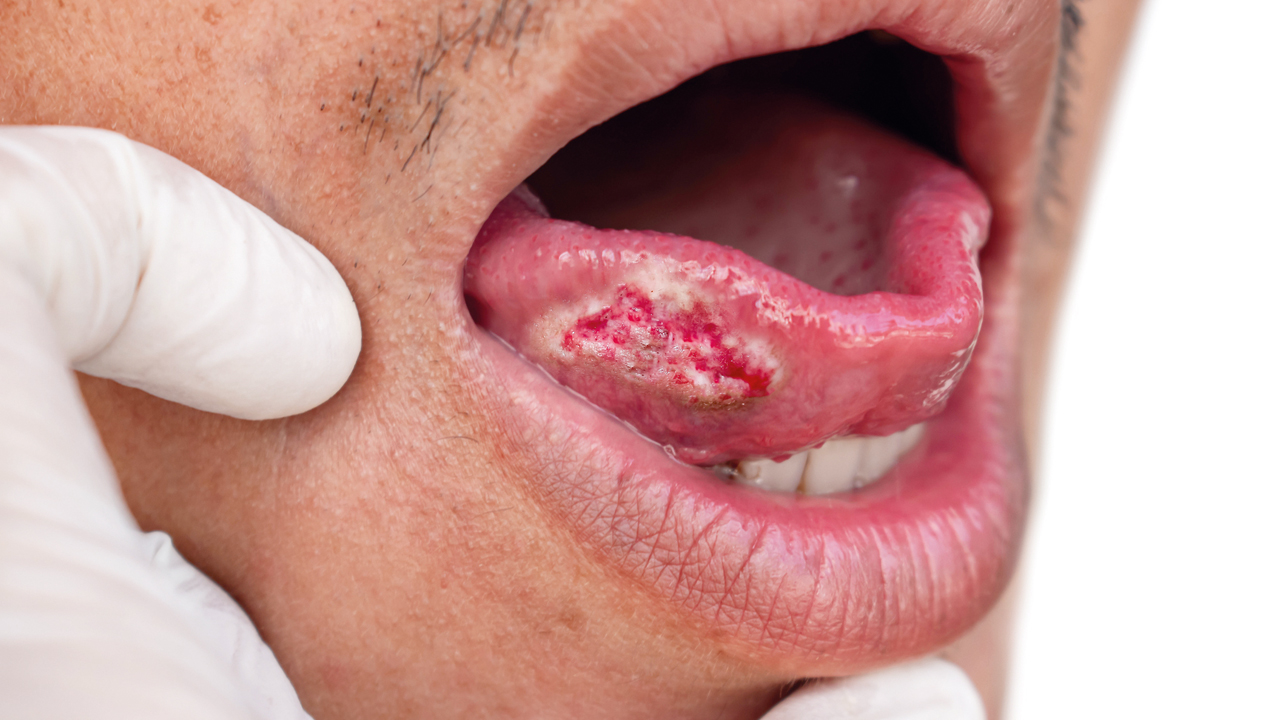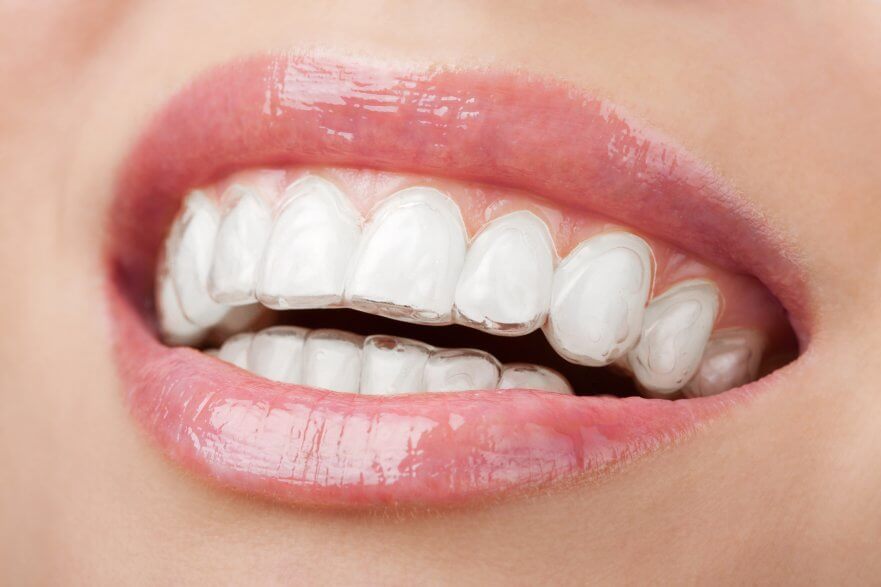Introduction: Dentistry—Where Science Meets Art and Compassion
While often underestimated in the grand scheme of healthcare, dentistry is a profound blend of science, precision, and patient care. A dentist is not merely a tooth technician, but a highly skilled medical professional tasked with preserving the intricate ecosystem of the mouth—arguably the gateway to the human body. From early childhood to late adulthood, dentists serve as custodians of oral health, influencing not only our smiles but our overall wellbeing.
The Foundation: What Does a Dentist Really Do?
Dentistry is a multifaceted profession that extends far beyond filling cavities. A dentist is a diagnostician, a surgeon, a preventive care specialist, and, often, a source of comfort for anxious patients.
Core responsibilities of a dentist include:
-
Preventive Care: Regular cleanings, fluoride treatments, and patient education to avert future issues.
-
Diagnosis and Treatment: Identifying and addressing problems like cavities, gum disease, abscesses, and oral cancers.
-
Restorative Procedures: Restoring function and aesthetics through fillings, crowns, bridges, implants, and dentures.
-
Cosmetic Dentistry: Enhancing appearance with whitening, veneers, and alignment solutions.
-
Oral Surgery: Conducting extractions, corrective jaw procedures, and sometimes working alongside maxillofacial surgeons.
-
Emergency Dental Care: Addressing urgent issues like cracked teeth, severe infections, and trauma.
Dentists work in tandem with dental hygienists, assistants, and laboratory technicians to provide a comprehensive care experience that prioritizes both function and form.
Education and Training: The Path to Becoming a Dentist
Dentistry demands rigorous academic and clinical training. It is a discipline rooted in anatomical knowledge, surgical skill, and interpersonal finesse.
Steps in becoming a qualified dentist:
-
Undergraduate Education: Typically a bachelor’s degree with a focus on sciences such as biology and chemistry.
-
Dental School: Four years of intensive education and clinical practice culminating in a DDS (Doctor of Dental Surgery) or DMD (Doctor of Dental Medicine) degree.
-
Licensure: All practicing dentists must pass national and state board examinations to become licensed professionals.
-
Specialization (Optional): Additional years of residency and exams for specializations such as orthodontics, periodontics, oral surgery, or pediatric dentistry.
The journey to dentistry is long and demanding, but the reward is the ability to make tangible, often life-changing, impacts on patients’ lives.
Why Oral Health Matters: The Dentist’s Role in Systemic Health
Oral health is intrinsically linked to overall health. What happens in the mouth often reflects or influences conditions throughout the body.
Dentists help identify and prevent systemic issues such as:
-
Cardiovascular Disease: Gum inflammation has been associated with heart disease and stroke risks.
-
Diabetes: Uncontrolled diabetes can exacerbate periodontal issues, and vice versa.
-
Osteoporosis: Bone loss in the jaw can be an early indicator of skeletal issues.
-
Cancer Detection: Dentists are often the first to detect oral cancers through routine examinations.
-
Respiratory Conditions: Poor oral hygiene can lead to infections that affect the lungs, particularly in older adults.
Dentists serve as critical gatekeepers who can detect early signs of non-dental diseases, reinforcing their indispensable role in the broader healthcare system.
Common Misconceptions: Debunking Myths About Dentists
Despite their importance, dentists are often misunderstood or feared due to outdated stereotypes or misinformation.
Let’s dispel a few common myths:
-
“Dentists only fix teeth.” In reality, they manage a wide array of soft tissue conditions, jaw disorders, and even sleep apnea.
-
“Dental visits are always painful.” Modern dentistry emphasizes minimally invasive techniques, advanced anesthetics, and patient comfort.
-
“You only need to visit when something’s wrong.” Preventive visits help avoid costly and painful treatments down the line.
-
“Oral health is separate from body health.” As shown earlier, the mouth is often the first place systemic issues manifest.
Understanding the full scope of what dentists do can help alleviate fear and promote more proactive oral care.
Technological Advancements: The Evolution of Modern Dentistry
Dentistry has evolved dramatically over the past few decades, incorporating cutting-edge technology that enhances diagnosis, precision, and patient comfort.
Innovations transforming modern dental practice:
-
Digital Radiography: Lower radiation and instant imaging for faster, more accurate diagnostics.
-
Laser Dentistry: Minimally invasive treatment for gums and soft tissues.
-
CAD/CAM Technology: Enables same-day crowns and restorations with pinpoint accuracy.
-
Intraoral Scanners: Replacing messy impressions with digital scans for a more comfortable patient experience.
-
Teledentistry: Virtual consultations for easier access and early evaluations.
These tools not only improve outcomes but also foster a more positive patient experience—something that traditional dentistry often struggled with.
Specialties Within Dentistry: A Diverse Field of Experts
Just as medicine has various disciplines, so does dentistry. Depending on a patient’s needs, they may interact with a variety of dental specialists.
Common dental specialties include:
-
Orthodontist: Specializes in alignment of teeth and jaws, often using braces or clear aligners.
-
Periodontist: Focuses on the health of gums and supporting structures.
-
Endodontist: Treats problems inside the tooth, particularly root canal therapy.
-
Prosthodontist: Restores missing or damaged teeth with prosthetics.
-
Pediatric Dentist: Provides specialized care for children’s oral health.
Each specialty adds depth and precision to the field, ensuring patients receive highly targeted and expert care.
Building Trust: The Human Side of Dentistry
Dentistry is as much about people as it is about procedures. Establishing trust, especially with anxious or vulnerable patients, is central to the profession.
Traits of a compassionate dentist include:
-
Excellent communication skills to explain procedures clearly and empathetically.
-
Patience and attentiveness in understanding patients’ concerns.
-
A gentle approach to minimize discomfort and build confidence.
-
Commitment to education, helping patients take control of their oral health.
Dentists often become lifelong partners in a patient’s wellness journey, witnessing their life stages and helping maintain health across decades.
Conclusion: Beyond the Smile—The Lasting Impact of a Dentist
A dentist’s work goes far beyond aesthetics or routine cleanings. They safeguard one of our body’s most complex and expressive systems, ensuring not only that we can eat and speak properly, but also that we live healthier, fuller lives. In an era where health is finally receiving the nuanced attention it deserves, the role of the dentist must be recognized as central—not peripheral—to overall wellbeing. With evolving technology, expanding scopes of care, and a deeper understanding of the mouth-body connection, dentistry stands at the forefront of holistic healthcare.

